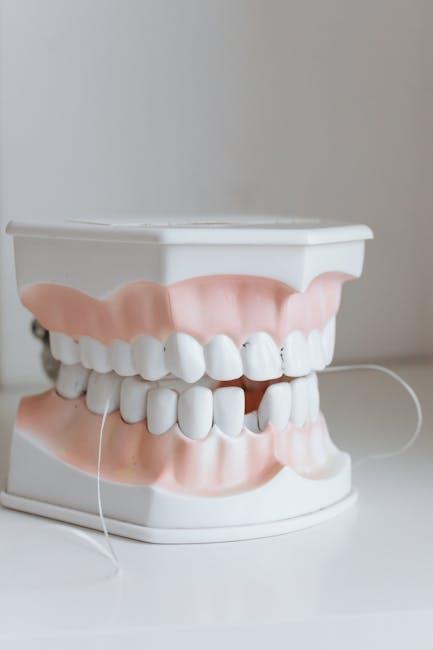Fluoride Ban Could Create Cavities For 1 Of Every 3 U.S. Kids – U.S. News & World Report
Fluoride has long been hailed as a guardian of dental health, especially for children. It helps prevent cavities, strengthens enamel, and promotes a brighter smile. But what if fluoride was removed from public water supplies? Recent discussions about a fluoride ban in the United States have raised alarms among dental health experts and parents alike. According to a report featured by U.S. News & World Report, such a ban could lead to cavities in approximately one out of every three American children.
Understanding Fluoride and Its Role in Dental Health
Fluoride is a naturally occurring mineral that plays an essential role in oral care. It has been added to community water supplies in the U.S. since the mid-20th century—a practice known as water fluoridation—to reduce tooth decay.
How Fluoride Prevents Cavities
- Rebuilds weakened tooth enamel: Fluoride helps remineralize teeth that have begun to decay.
- Inhibits bacterial growth: It impedes the ability of cavity-causing bacteria to produce acids that erode enamel.
- Protects developing teeth: Fluoride incorporated during childhood strengthens permanent teeth as they form.
What Could a Fluoride Ban Mean for U.S. Children?
According to U.S. News & World Report, a fluoride prohibition could lead to an increase in cavities in nearly 33% of children nationwide. This statistic reflects the direct link between fluoride exposure and cavity prevention shown in numerous public health studies.
| Impact of Fluoride Ban | Potential Outcome |
|---|---|
| Reduction in fluoride exposure | Leads to weaker enamel and higher cavity risk |
| Increase in pediatric dental decay | More emergency dental visits and costly care |
| Broader health disparities | Higher cavity rates in low-income communities |
| Long-term oral health decline | Reduced quality of life and chronic pain in children |
Who Is Most at Risk?
Children from low-income families and regions with limited dental care access benefit most from water fluoridation. Without fluoride, these groups face a disproportionate rise in tooth decay.
The Benefits of Fluoride: Supported by Science
Multiple health organizations, including the American Dental Association (ADA) and Centers for Disease Control and Prevention (CDC), endorse fluoride use due to its proven benefits:
- Reduction of cavities by 25% to 40%: Studies indicate that children consuming fluoride-treated water have significantly fewer cavities.
- Cost-effective public health strategy: Each dollar invested in water fluoridation saves $38 in dental treatment costs.
- Safe and controlled levels: Fluoride in water is carefully monitored to be safe for all age groups.
Practical Tips for Parents to Protect Kids’ Teeth
Even if fluoride were banned, parents can take several steps to safeguard their children’s dental health:
- Use fluoride toothpaste: Brushing twice daily with fluoride toothpaste remains crucial.
- Limit sugary snacks and drinks: Reducing sugar intake helps prevent cavity formation.
- Schedule regular dental check-ups: Early detection and treatment of decay are essential.
- Consider fluoride supplements: After consulting a pediatric dentist, supplements may be an option.
- Encourage good oral hygiene habits: Teach kids proper brushing and flossing techniques early on.
Case Study: Impact of Fluoride Removal in Communities
When the city of Hafnarfjörður in Iceland stopped fluoridating its water in the early 2000s, local public health officials observed a notable increase in dental cavity rates among children over the next decade. This case serves as a warning for what could happen in U.S. cities if fluoride is removed from public water supplies.
Conclusion: Preserving the Smile of the Nation
Fluoride’s role in cavity prevention is undeniable. Banning fluoride from public water systems may inadvertently cause widespread dental decay, affecting nearly one-third of U.S. children. The growing risk of cavities doesn’t just impact individual health—it threatens families, communities, and the nation’s public health resources.
Parents, caregivers, and public health officials must advocate for continued access to fluoride and educate families on best dental practices. While debates around fluoride safety persist, the scientific consensus supports its controlled use as a safe and effective way to combat tooth decay.
Maintaining fluoride in water and dental products, along with regular dental hygiene and professional care, is key to keeping America’s children smiling bright for generations to come.


